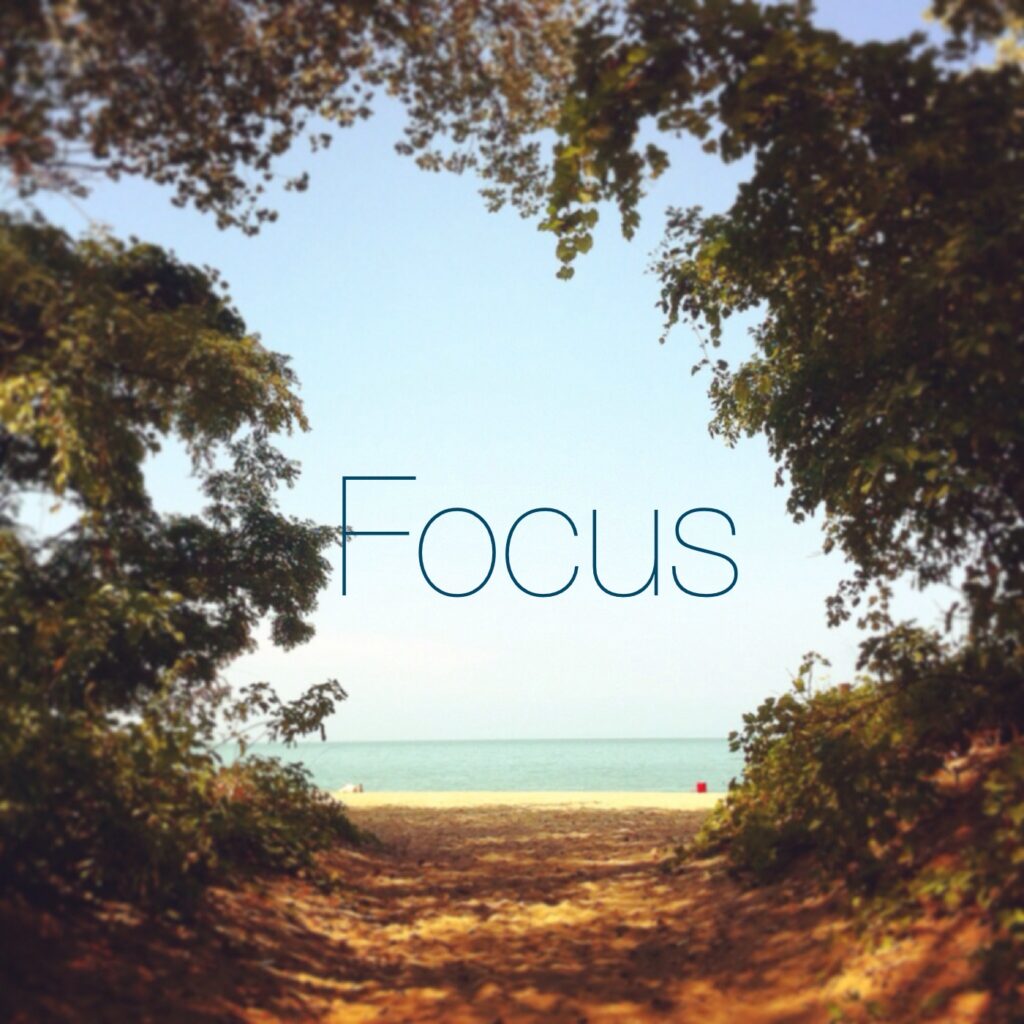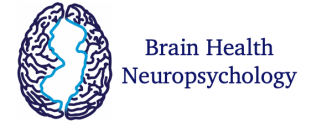
It’s Okay to be Unfocused!
First, I blamed the pandemic for my poor sustained attention. It was such a stressful time, work was changing, I worried about family becoming ill- of course my attention was shot. Still now, I feel like there are moments when I am not as “on my game” as I was in the past. Coincidentally, more and more friends are telling me “I just can’t focus like I used to.” So what is it exactly? Is this a massive wave of ADHD? Are we just not focusing and getting lazy? In my own mind, I am keeping up with everything I “need” to do, so am I just setting too high of expectations?
So, What Do I Do?
I set out on my own mini dive into understanding the possible reasons why my attention could be shifting. I stumbled upon a fascinating book- Stolen Focus: Why You Can’t Pay Attention and How to Think Deeply Again. Author Johann Hari succinctly summarizes the modern attention crisis, and what we can do to regain control over our focus and attention. I particularly appreciated the over 250 scientists, tech gurus, and key players he interviewed in the book, and the countless hours he spent following the “research trail.” SPOILER ALERT: if you are hoping to read the book (strongly recommend) you may prefer to skip my bullet pointed list of challenges/tips below. I found it quite impactful to have those “ah-ha!” moments while reading. Nonetheless, if you’re short on time (or you can’t focus on a book long enough to read it), here are my 5 main take aways (although there are MANY more in this book):
Takeaways:
- In trying to document everything, we miss out on the moments around us. Tip: instead of “documenting for the gram” be fully present, and live through the memories you create, rather than the likes.
- We expect everything to happen immediately- even leaving a website that doesn’t load in half of one second. Tip: slow down, be intentional, and give yourself the time to let the website load, even if it takes longer than anticipated.
- Technology allows for constant distractors (e.g., notifications for all apps, never ending scrolling options on social media) to the point where we nearly automatically reach for our phone at the sound of a bing or moment of down time. Tip: turn off all notifications and be intentional about when you want to check email, messages, or a particular app. Perhaps set specific times for being on your phone, and otherwise, put it as far away as possible.
- We all think we are amazing at doing multiple things at once, but in reality, our brains are not wired to multitask. In these times, we are not actually doing our best with either task. Tip: intentionally choose what you are doing, and put away all other distractors (e.g., phone, other browsers, clutter). Retrain your brain to focus on one task at a time, and see the quality of your product improve.
- We are sleeping less and less, and there is an expectation that we are “always on” and available. Tip: prioritize sleep so that your brain can go through its natural “cleaning cycle” and can be ready to think clearly throughout the day. Understand that chronic lack of sleep puts you in a similar state to being drunk, and thus your work product or whatever it is you are spending time doing is far from your best when chronically sleep deprived.
